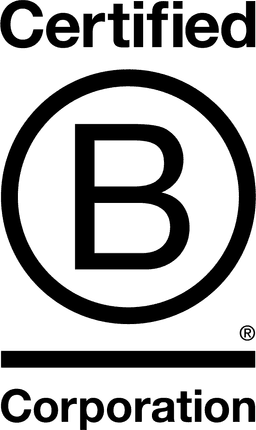

Nespresso Global

1.6
Canton of Vaud, Switzerland
April 2022
Beverages
Manufacturing
Argentina,
Australia,
Austria,
Belgium,
Brazil,
Canada,
Chile,
China,
Colombia,
Czech Republic,
Denmark,
Finland,
France,
Germany,
Greece,
Hong Kong S.A.R.,
Hungary,
Ireland,
Israel,
Italy,
Japan,
Luxembourg,
Malaysia,
Mexico,
Morocco,
Netherlands The,
New Zealand,
Norway,
Poland,
Portugal,
Romania,
Russia,
Saudi Arabia,
Singapore,
Slovakia,
Slovenia,
South Africa,
South Korea,
Spain,
Sweden,
Switzerland,
Taiwan,
Thailand,
Turkey,
United Arab Emirates,
United Kingdom,
United States
Nestlé Nespresso SA is the pioneer and reference for high-quality portioned coffee. The company works with more than 160,000 farmers in 18 countries and partners to embed sustainability practices on farms and the surrounding landscapes. Through its coffee sourcing program, launched in 2003 in collaboration with the Rainforest Alliance, Nespresso is supporting farmers on a transition to regenerative agriculture, helping to protect the future of high-quality coffee and improving livelihoods of farmers and their communities. Headquartered in Vevey, Switzerland, Nespresso operates in 96 markets and has over 14’000 employees. In 2024, it operated a global retail network of 818 boutiques. For more information, visit the Nespresso corporate website: www.nestle-nespresso.com